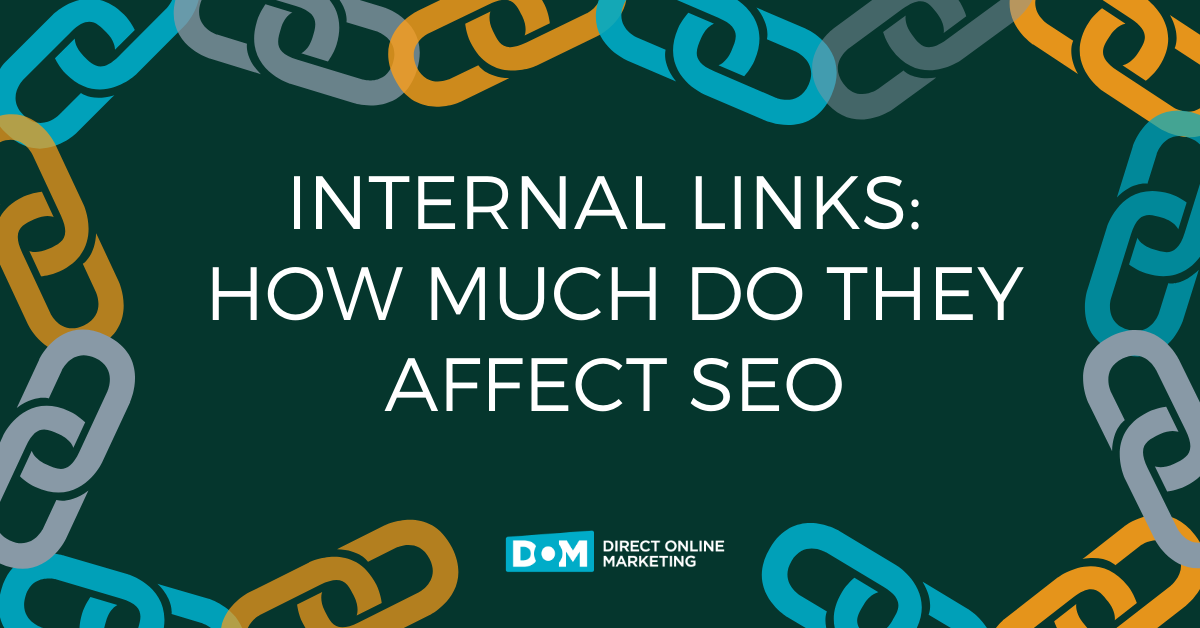View of Pendle Hill overlooking Nelson from outside my local pub.
This past week I’ve been unceremoniously reminded on more than one occasion of my old stomping ground via the medium of TV. I’m originally from a place called Nelson, which is in the borough of Pendle that sits next to Burnley. Not everybody has necessarily heard of Nelson in the UK, so Burnley, which they have, is used as its geographical surrogate. Over here, there’s very little point mentioning either, so it makes sense to use the mighty Manchester to explain my roots – even though I would never claim to come from there.
That still doesn’t stop your average shop assistant over here from proclaiming that they had grandparents from Wales and that they spoke with ‘that soft Cockney accent’. This certainly ranks up there with being asked how much it costs to catch a train from Dublin to London. (For anybody slightly confused – Londoners speak in Cockney accents and London and Dublin are separated by the Irish Sea.) Then again, your average Brit is just as ignorant of American geography.
The Burnley and Pendle area isn’t huge, nor is it looked upon that favorably by the rest of the country’s sophisticated elite. Along with a few other places in the North West, it’s possibly fair to claim we’re Britain’s rednecks – looked down upon, ridiculed and patronized in the same fashion West Virginia is over here.
So, when I see Nanny 911 on Fox open with Nanny Debbie proclaiming proudly that she’s originally from Burnley, I raise a smile. Then we had John Simm, who apparently went to school only 400 yards from where I lived, hamming it up perfectly as The Master in Dr. Who on BBC America and the Sci Fi channel. But I was truly amazed to find Shameless, a show written by some fella who grew up on one the notorious Stoops council estate and is about growing up on said estate, on the Sundance channel. I never watched Shameless back in the UK as it feels more like a documentary – Shameless is as close as you’re going to get to seeing what a portion of life is like round my neck of the woods. But, from a distance I can now watch it quite fondly. It’s also snot-bubblingly funny (and not exactly safe for work, or church, or even polite company). Frank Gallagher – Shameless – one of the finest and more realistic depictions of anybody from Burnley
Now I know you probably couldn’t care less about my exact geography or celebrities and TV shows that provide context and a bit of a back story to where I’m from originally. Although, if you struggle to understand what I’m waffling about, then Shameless will either make you more confused or acclimatise you perfectly. But, that’s what I’m doing – providing you with another layer of information to help you with the bigger picture.
From a personal and social point of view, you kind of understand the informational exchange that’s going on here, and anything you’re less than sure on we can thrash out in the comments. You can take as much or as little as you want.
So, we can almost think of this as a meta-layer of information. You now understand more about my history and my locale and my relationship to the area that I’m from. There’s a great deal of extra information you’ve gathered.
Now search engines aren’t nearly as able to gather this kind of context out of the body of any page of text. They look at a host of factors all related to matching and replication to guess at what a page is about then place and increase its searchable ranking based in part on these factors as well as who may have linked to that page ‘giving a vote’ to its context. Why do you think the anchor text in a link is so important currently?
The old Web 1.0 used to rely on a layer of meta data inside the html of a Web page to determine what it was about so it could be ranked accordingly. Unfortunately, this was abused quite easily and quite quickly with sites able to rank for whatever was stuffed into its keyword tags.
Web 2.0 relies on a social element of people interacting with each other via various types of online media and linking to it. However, the amount of content some sites need to generate, such as text, video, blogs, audio – and the various online spaces to put them all is nothing short of overwhelming. There are just too many sites and places to have to put all your various bits of content – especially when you’re doing nothing more than replicating most of it.
The aim of Web 3.0 (or more precisely – the Data Web) is to provide an automatic semantic layer that understands the relationships between all your data. This is done in a more extravagant manner to the original meta tags during Web 1.0. But, instead of just placing a few keywords in your header and the search engines (if that’s what they’ll be called) taking you at your word, actual links and other information from all of your data will be understood and assimilated by search engines. As Tim Berners-Lee points out in this article:
“Using the semantic web, you can build applications that are much more powerful than anything on the regular web,” Mr Berners-Lee said. “Imagine if two completely separate things – your bank statements and your calendar – spoke the same language and could share information with one another. You could drag one on top of the other and a whole bunch of dots would appear showing you when you spent your money.
“If you still weren’t sure of where you were when you made a particular transaction, you could then drag your photo album on top of the calendar, and be reminded that you used your credit card at the same time you were taking pictures of your kids at a theme park. So you wouldd (sic) know not to claim it as a tax deduction.
“It’s about creating a seamless web of all the data in your life.”
One example frequently given is of typing a street address which, if it had “semantic data” built into it, would link directly to a map showing its location, dispensing with the need to go to a site like Google `maps, type in the address, get the link and paste it into a document or e-mail.
The challenge, experts say, is in finding a way to represent all data so that when it is connected to the web, links to other relevant information can be recognised and established – a bit like the process known as “tagging”. One expected application is in the pharmaceutical industry, where previously unconnected pieces of research into a drug or disease, say, could be brought together and assimilated.
If we look at the semantic angle of the information I presented earlier relating to my home area of Nelson, I would be able to tag my name and the town so that a search engine would understand that relationship for the purposes of indexing information related to people from Nelson. You’re providing the same layer of understanding to search engines that users automatically understand from reading the piece. And on and on it goes until you have semantically tagged the minutiae of your entire online footprint. Obviously, the same applies to businesses. (Try WikiCompany as a nice little example of a semantic business directory – especially the company profile submission page.)
The Web ceases to be a rat race of semi-relevant pages propped up by dastardly linking schemes, but a truly relevant organism that finds uniqueness and interrelatedness in every query intelligently of its own accord.
So, the Semantic Web may be able to place Pendle Hill at its exact longitude and latitude but also place me in relation to the place I was born, where I grew up, where I drank and worked – amongst many other things.
We’ll have to wait until Web 4.0 before it starts telling us that it’s a nice view.


